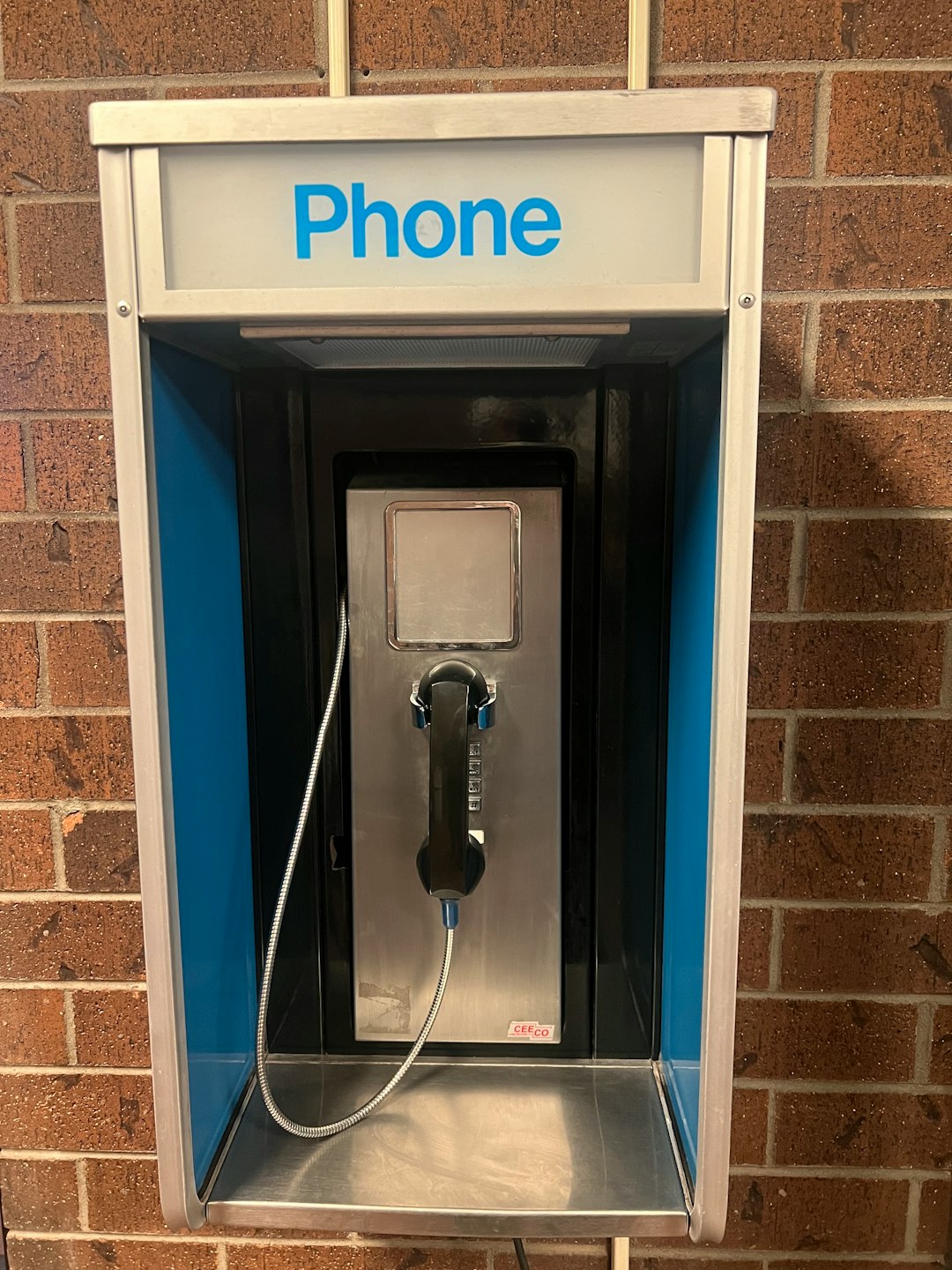Chicago residents facing harassment through unwanted texts and robocalls have legal recourse. Specialized lawyers and robocall law firms can help navigate consumer protection laws like the TCPA to stop calls, seek damages, and hold offenders accountable under state legislation, including the Illinois Consumer Fraud Act. Consulting experienced attorneys in these areas is crucial for effective representation and ensuring rights are protected in today's digital landscape.
- Understanding Consumer Rights Against Harassment Calls in Chicago
- The Rise of Unwanted Text Messages and Robocalls
- Legal Framework: Stopping Robocall and Harassment in Illinois
- Navigating Options: Choosing the Right Lawyer for Your Case
- Success Stories: How Law Firms are Protecting Consumers in Chicago
Understanding Consumer Rights Against Harassment Calls in Chicago
In Chicago, consumer rights against harassment calls are protected by both state and federal laws, primarily targeting unwanted texts and robocalls. Understanding these rights is crucial for residents dealing with persistent or abusive telephone marketing practices. If you’re receiving stop unwanted texts, knowing your legal options can empower you to take action. A lawyer specializing in this area, often referred to as a stop unwanted texts attorney Chicago or robocall lawyer Chicago, can help navigate the relevant laws, such as the Telephone Consumer Protection Act (TCPA), to ensure your rights are respected.
Chicago residents facing relentless robocalls or unsolicited text messages may seek legal redress through a robocall law firm Chicago. These professionals are equipped to file complaints and take necessary measures to stop unwanted communication, including seeking damages if applicable. By engaging the services of a qualified robocall attorney Chicago, consumers can defend their rights and find effective solutions to halt harassing calls.
The Rise of Unwanted Text Messages and Robocalls
In today’s digital era, the rise of unwanted text messages and robocalls has become an increasingly prevalent issue for consumers across the nation, including Chicago. What was once a nuisance has evolved into a significant concern, as these automated communication methods can be used for various forms of harassment. Stopping unwanted texts and robocalls is more crucial than ever to protect consumer privacy and mental peace. Many individuals in Chicago find themselves overwhelmed by the constant influx of promotional messages and pre-recorded calls, often from unknown sources, which can be deeply intrusive and distressing.
The proliferation of these nuisance calls has led many to seek legal aid. A lawyer specializing in this area can offer guidance and protection under the various consumer laws in place. Stopping unwanted texts and robocalls involves navigating complex regulations, such as the Telephone Consumer Protection Act (TCPA), which restricts the practices of automated dialing systems. Robocall law firms and attorneys in Chicago are equipped to handle these cases, ensuring that consumers’ rights are defended against such harassment. They can assist in blocking calls, seeking damages, and educating individuals on their legal options to put an end to this modern-day nuisance.
Legal Framework: Stopping Robocall and Harassment in Illinois
In Illinois, including Chicago, consumer protection laws have been established to combat unwanted and harassing robocalls and texts. The Illinois Consumer Fraud and Deceptive Practices Act prohibits businesses from using deceptive or unfair practices in their marketing efforts, which includes automated telephone dialing systems (ATDS) often used for mass robocalls. These laws give consumers the right to seek legal recourse against companies that violate their privacy and cause distress through relentless phone calls.
If you are a Chicago resident facing persistent robocall harassment, consulting with a lawyer specializing in consumer rights can be instrumental. A stop unwanted texts attorney or robocall law firm in Chicago will help navigate the legal framework, ensuring your rights are protected. They can guide you on blocking these calls, seeking damages, and holding offenders accountable under the state’s robust consumer protection legislation.
Navigating Options: Choosing the Right Lawyer for Your Case
When facing harassment through unwanted texts or robocalls, one of the best steps is to consult with a legal professional who specializes in consumer rights. Navigating the legal system can be complex, and choosing the right lawyer for your case is crucial. Look for a robocall law firm Chicago or stop unwanted texts attorney Chicago with experience in dealing with similar cases.
Research their credentials, track record, and client testimonials to ensure they have the expertise and commitment to fight for your rights. A competent lawyer for robocall Chicago will be well-versed in the relevant laws and regulations, such as the Telephone Consumer Protection Act (TCPA), which prohibits unauthorized automated calls and texts. They should also be adept at negotiating with call centers or taking the case to court if necessary.
Success Stories: How Law Firms are Protecting Consumers in Chicago
In Chicago, numerous law firms are making significant strides in defending consumer rights against harassment calls, particularly unwanted texts and robocalls. These forward-thinking legal professionals have become champions for those plagued by relentless marketing or scam calls. Through strategic litigation and aggressive advocacy, they’ve secured substantial victories for their clients, setting precedents that protect everyone in the city from such intrusions.
Lawyers specializing in this area have established themselves as formidable adversaries to companies engaging in abusive practices. Many consumers have found solace through these robocall law firms Chicago, securing refunds, damages, and an end to unwanted interactions. Their success stories not only offer legal recourse but also serve as a powerful message: no one should tolerate harassment in their personal space, be it via text or call.






